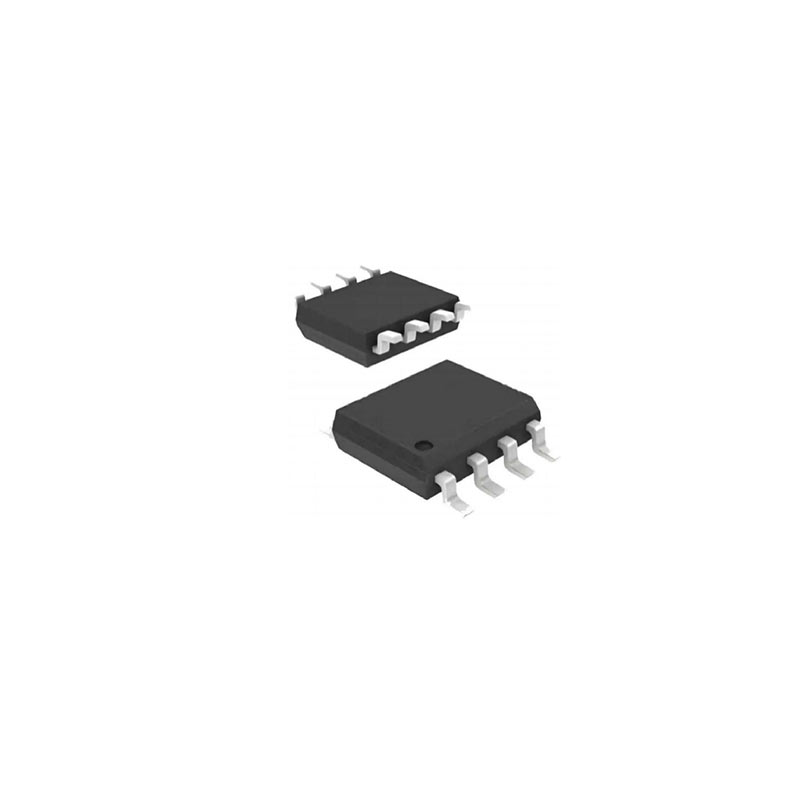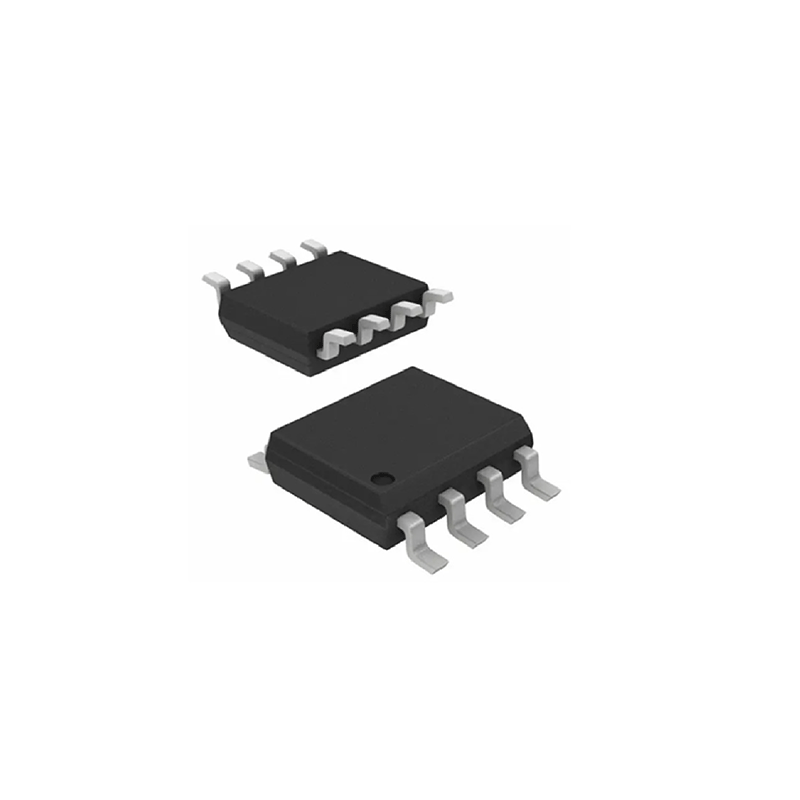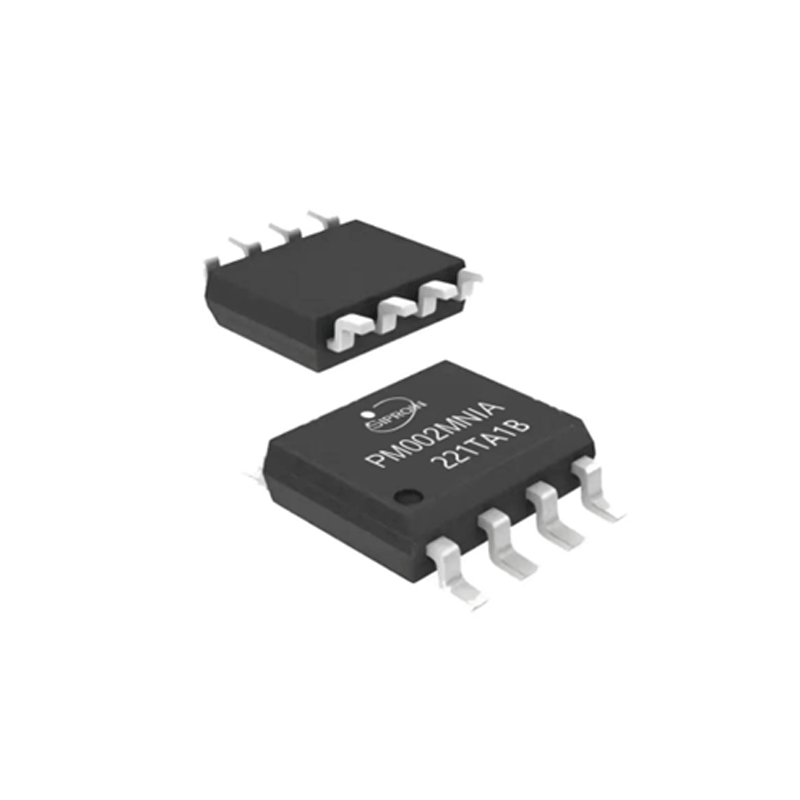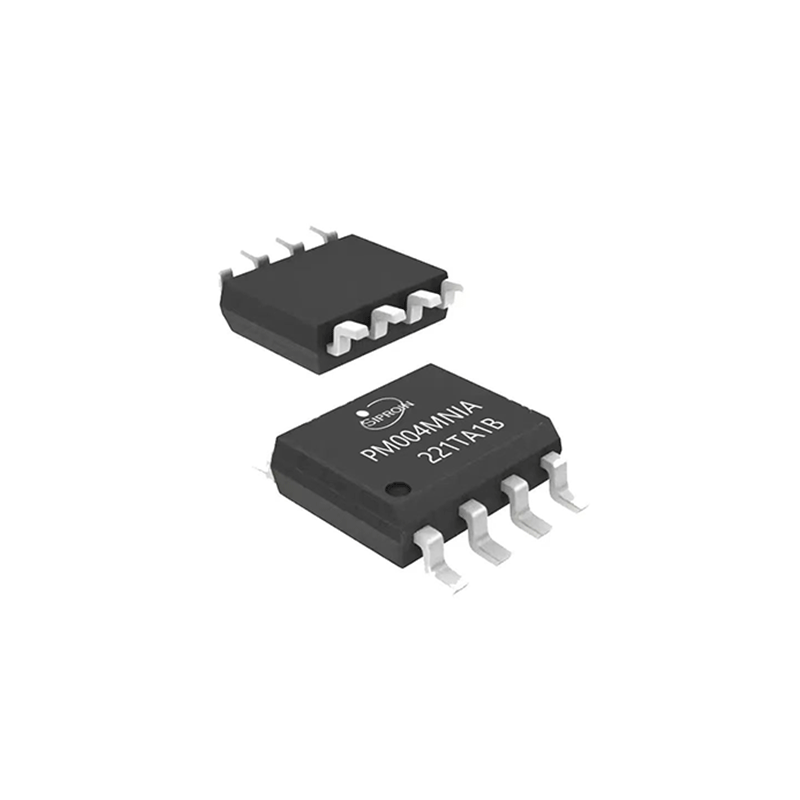A novel non-volatile magnetic memory MRAM is an ideal device for non-volatile cache and main memory. The application prospect is not limited to the traditional computer storage system, but also can be extended to many other fields, and is even expected to become a general memory. MRAM ensures that data will not be lost in the case of power failure and can prevent data damage caused by rays. In emerging applications such as the Internet of Things and big data, ubiquitous sensor terminals need to collect massive data. In order to save storage power, MRAM has become a popular candidate for its relatively good performance.




